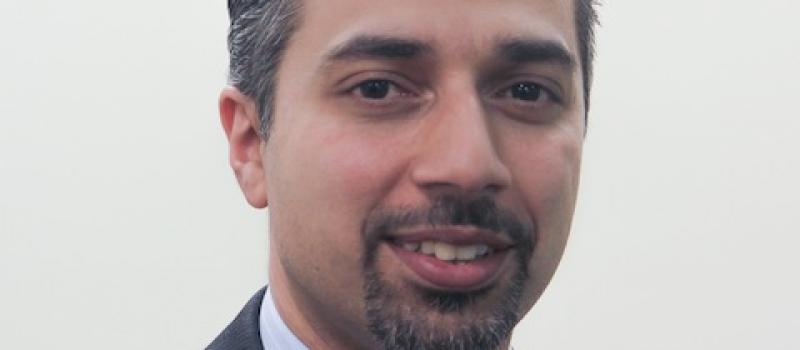Summary:
Yesterday, EconVue Editor-in-Chief Lyric Hughes Hale interviewed the director of the National American Iranian Council, Middle East foreign policy expert Trita Parsi. He has a new book coming out very soon from Yale University Press Losing an Enemy-Obama, Iran and the Triumph of Diplomacy. They discussed Friday’s landslide (57%) re-election of President Hassan Rouhani, and what this means for Iran, the region, the US, and the world. Dr Parsi made ten key points during their conversation. Of note since the interview, President Trump’s remarks on Iran during his speech on Islam in Saudi Arabia today have reportedly dampened the celebrations in Iran. Registered EconVue users are welcome to comment on this panel.
1. The US arms sales agreement and criticism of Iran (a country which holds elections) by Secretary of State Rex Tillerson in Saudi Arabia (which does not) did not dim the jubilant mood of Iranian voters yesterday. Rouhani’s victory over hardliner Ebrahim Raisi is due to the progressive nature of Iranian society as a whole. It signaled approval of Rouhani’s greatest achievement during his previous term, the 2015 Iran nuclear agreement.
2. Hardliners and the Islamic Revolutionary Guard Corps (IRGC) were confident that Iranians would register their disappointment that the nuclear agreement has not yielded more in terms of economic relief. This was a miscalculation, and moderates prevailed by appealing to the more liberal sectors of Iranian society, including artists and filmmakers. It is true that unemployment has been both sticky and high, 30% for young people. But it could be that voters felt that domination of some sectors of the economy by the IRGC is the cause of uneven distribution of economic gains, and that this was reflected in their candidate Raisi’s poor showing. In fact, inflation fell from 40% per annum to 7% during Rouhani’s first term, and oil sales have rebounded.
3. In spite of calls for election boycotts, and obstacles created by Raisi supporters, Iranians voted in record numbers, + 70% turnout for a midterm election. This is the third election in which Iranians voted in the most moderate candidate, in contrast to Israel and Turkey.
4. Young people in particular are going to demand real change, not just the status quo. However, although the election was important, the real power in Iran is exercised by Supreme Ruler Ali Khamanei, who is now rumored to be in ill health. Could Raisi, who still garnered 38% of the votes, and studied for years with Khamanei, possibly move into this position when the time comes? At this moment, no. Embarrassingly, Raisi was unable to win in spite of all of stops being pulled by conservatives to secure his election.
5. Iran’s trade basket is tilted towards the Chinese who work with the monopolist IRGC. Hardliners fear American imports because if the US fully re-enters the market, it could reorganize Iran politically. (It is widely suspected that in their search for quick profits, the IRGC imports from China rather than develop domestic markets and infrastructure.)
6. As China expands its new Silk Road throughout the region, it is already the main foreign commercial player in Iran. Although Iranians love US products and would like to diversify their economy, the US is seen as an increasingly untrustworthy and unpredictable partner. So the US would face formidable competition, even if the doors to trade with Iran were completely open.
7. China could help itself in Iran by not repeating what happened under the Shah during peak American influence in Iran: employing foreign rather than Iranian labor. This Chinese practice could weaken gains it has made elsewhere.
8. Regionally, Iran has supported Syria with boots on the ground rather than the Russian approach, which avoids Russian casualties as all costs and seeks a negotiated rather than a military solution to conflict. Rouhani’s election could be a victory for Iranian moderates who might be willing to negotiate before achieving military victory, an approach more in line with the Russians who are using military strikes as a means to drive parties to the table.
9. Through its support of Sunni forces by supplying arms to Saudi Arabia, the US is essentially supporting a prolongation of conflict in both Syria and Yemen.
10. Globally if the hardliners had won, the concern would have been a break with the Iran nuclear agreement, which could have increased the likelihood of technology exchanges with North Korea. Rouhani’s win is a victory for geopolitical stability.
- Log in or register to post comments



